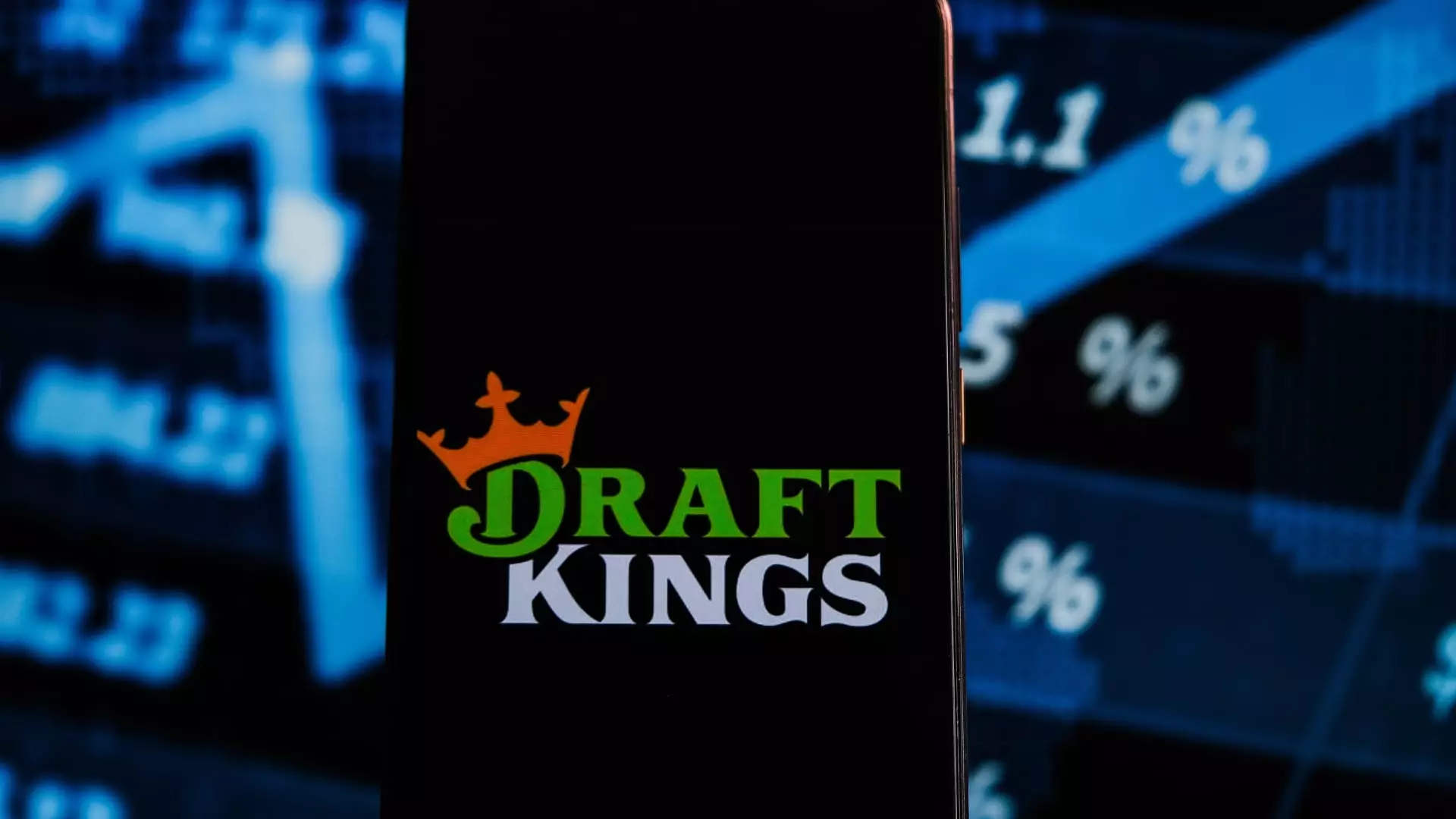The recent decision by Illinois lawmakers to impose elevated taxes on online sports betting has sent shockwaves across the industry, illuminating a precarious path for investors. With stocks of major players like DraftKings and Flutter Entertainment experiencing significant declines—over 6% and 2% respectively—there’s reason to believe that a fiscal domino effect could soon ripple through other states. The Illinois government has not only set the stage for higher taxes, but it has also introduced a troubling precedent that could embolden similar legislative moves elsewhere.
Understanding the Implications of Increased Taxation
The specifics of the new tax scheme are alarming. Illinois has opted for a tax model that levies 25 cents per wager for the first 20 million online sports bets, increasing to 50 cents beyond that threshold. This two-tier system is more than just a financial burden; it raises serious questions about the sustainability of profitability for leading brands in the market. Truist analyst Barry Jonas aptly described this tax as a “last-minute surprise,” which suggests a disturbing trend of states seeking revenue through punitive measures rather than fostering a healthy, competitive environment for digital sports betting. For industry giants like DraftKings and Flutter’s FanDuel, surpassing the 20 million wager mark seems inevitable, thus hastening their exposure to higher taxes.
The Bigger Picture: A Harbinger for Other States
The real concern here is not just Illinois, but the possibility that other states might follow suit, as they grapple with their own budgetary challenges. In a post-pandemic world where government coffers are strained, the temptation to tap into the lucrative world of online sports betting is likely to be too enticing for many legislators. The staggering tax rates enacted in states like New Hampshire, New York, and Rhode Island—some as high as 51%—serve as a grim warning for stakeholders in the betting space. Not only could this lead to the stifling of competition, but it could also discourage innovation and development within the market.
The Potential Impact on Smaller Competitors
Interestingly, while the larger companies face a daunting burden thanks to this new tax structure, smaller competitors may find that the impact on their operations is relatively modest. However, in an industry driven by brand recognition and market share, any disadvantage can lead to greater market consolidation favoring larger players. The risk is that as these companies grapple with higher operational costs, they could lead to diminished choices for consumers, stifling the vibrant ecosystem that sports betting once promised.
Looking Ahead: The Road to Uncertainty
As Wall Street reacts to this unsettling news, the overarching sentiment among investors is tinged with uncertainty. Will other states take a cue from Illinois, or will they recognize the importance of preserving a healthy betting climate? The bets are high—not just for industry players, but also for millions of consumers who enjoy placing wagers. As we move into 2024, the need for a balanced approach to taxation and regulation remains urgent. Otherwise, the online sports betting landscape could become overly burdened, hindering growth and diminishing the experience for everyone involved. The stakes have never been higher, and it’s critical for both investors and consumers to remain vigilant as this situation unfolds.

